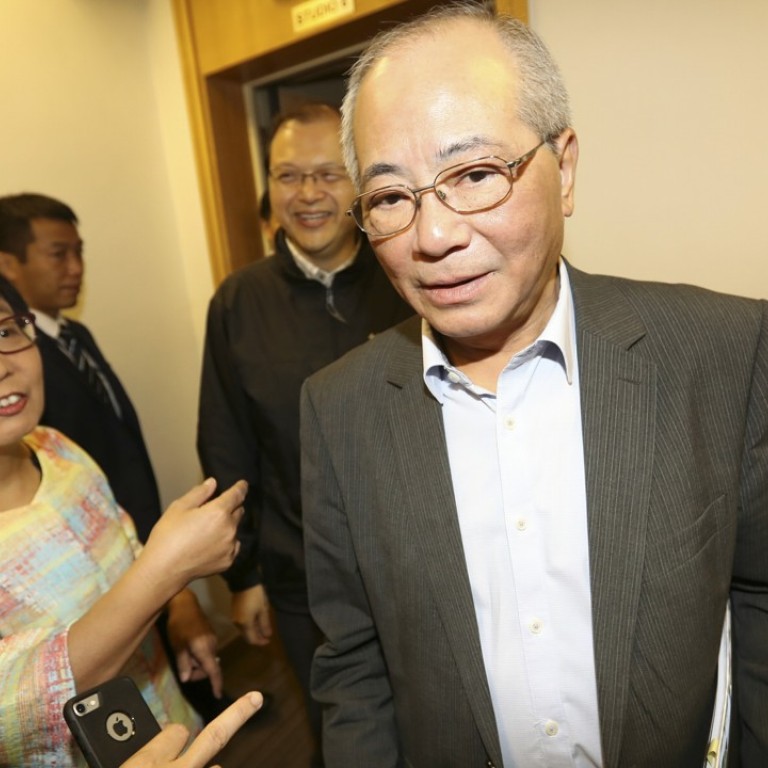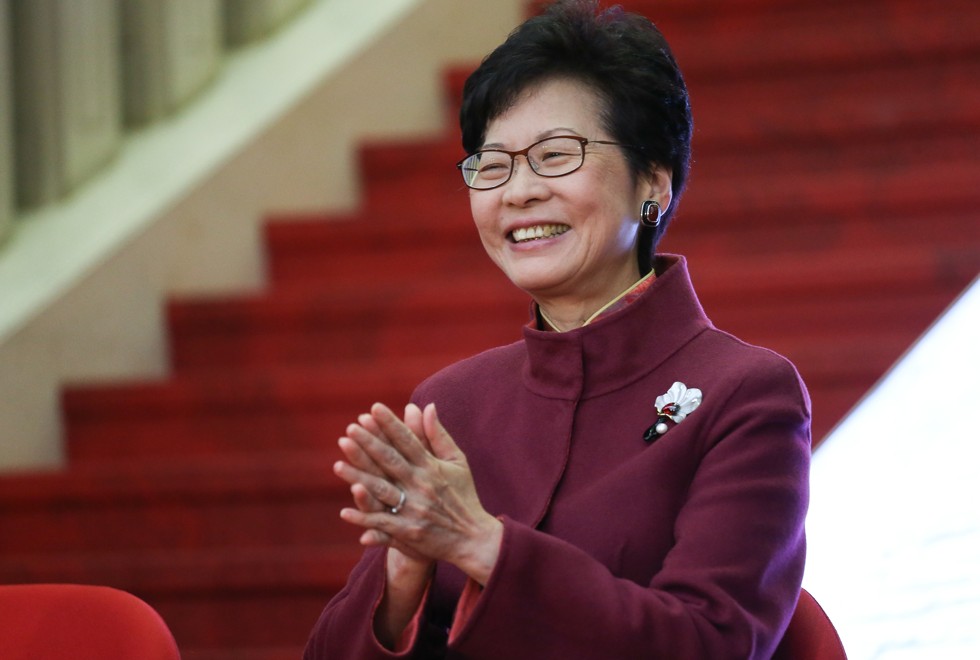
Hong Kong minister slams critics who say national education amounts to brainwashing
Secretary Eddie Ng accuses a few people of hyping up fears about national education, prompting people to be put off the government initiative
Ng also weighed in on the heated debate over whether Chinese history should be an independent subject for junior secondary schools, saying he had said many times that it had always been a component of the junior secondary curriculum.
She also proposed making Chinese history a compulsory subject at the junior secondary level.
In an interview with Commercial Radio, Ng said national education had been undermined by the term “brainwashing”.
“A few individuals in society keep hyping up this topic,” Ng said. “National education is a very good policy which has been bogged down by one or two words. Today we ask [those who call the education brainwashing] to show us the evidence. Let’s see if it’s really happening.”
Ng said most schools had been incorporating national education in their curriculum in various ways. He said last year, 90,000 students participated in exchange programmes to the mainland, and the number would rise to 110,000 this year.
Ng also claimed he could point out which chapter in which textbook discussed the controversial 1989 Tiananmen crackdown, as well as which teachers had received the chief executive’s award for teaching excellence for handling the topic.
But he did not comment on whether he believed national education should be reintroduced as a separate subject.
Regarding Chinese history, he said the important issue was not whether it was compulsory, but how to make it interesting, scientific and more relevant to life, as well as how to provide more support to schools.
“I have said this 2,760 times that Chinese history is a component of the junior secondary school curriculum,” he said.
Ng said his biggest regret was that politics had been “overriding” education, stalling the introduction of many policies that he believed would be beneficial to students, such as the belt-and-road scholarship which would fund local students to study in Southeast Asian countries.
He also commented on the controversial Basic Competency Assessment (BCA), which is widely viewed as a rebranded version of the unpopular Territory-wide System Assessment.
The BCA was originally designed to provide the government with data to review policies and equip schools with information about students’ academic competencies at the Primary Three and Six and Secondary Three levels.
The tests took place earlier this month.
Ng said the government would focus on analysing the performance of pupils and drafting a report. He said there would not be a decision on whether the tests would take place next year before the completion of the report.


